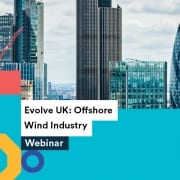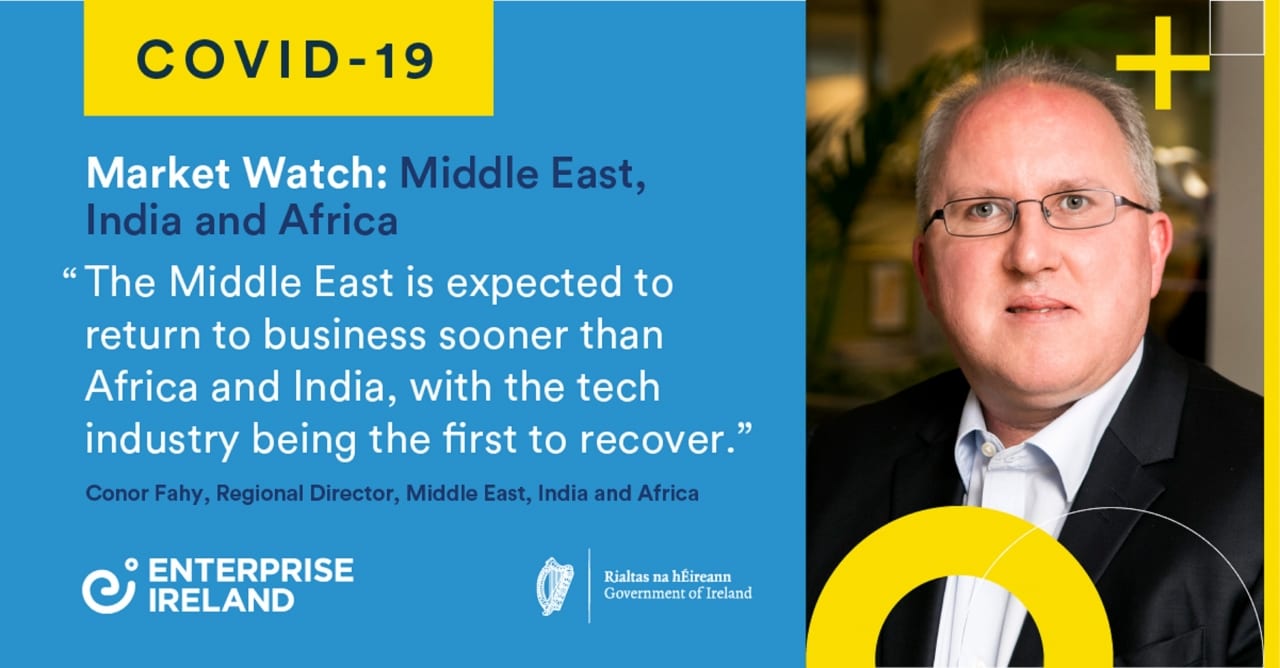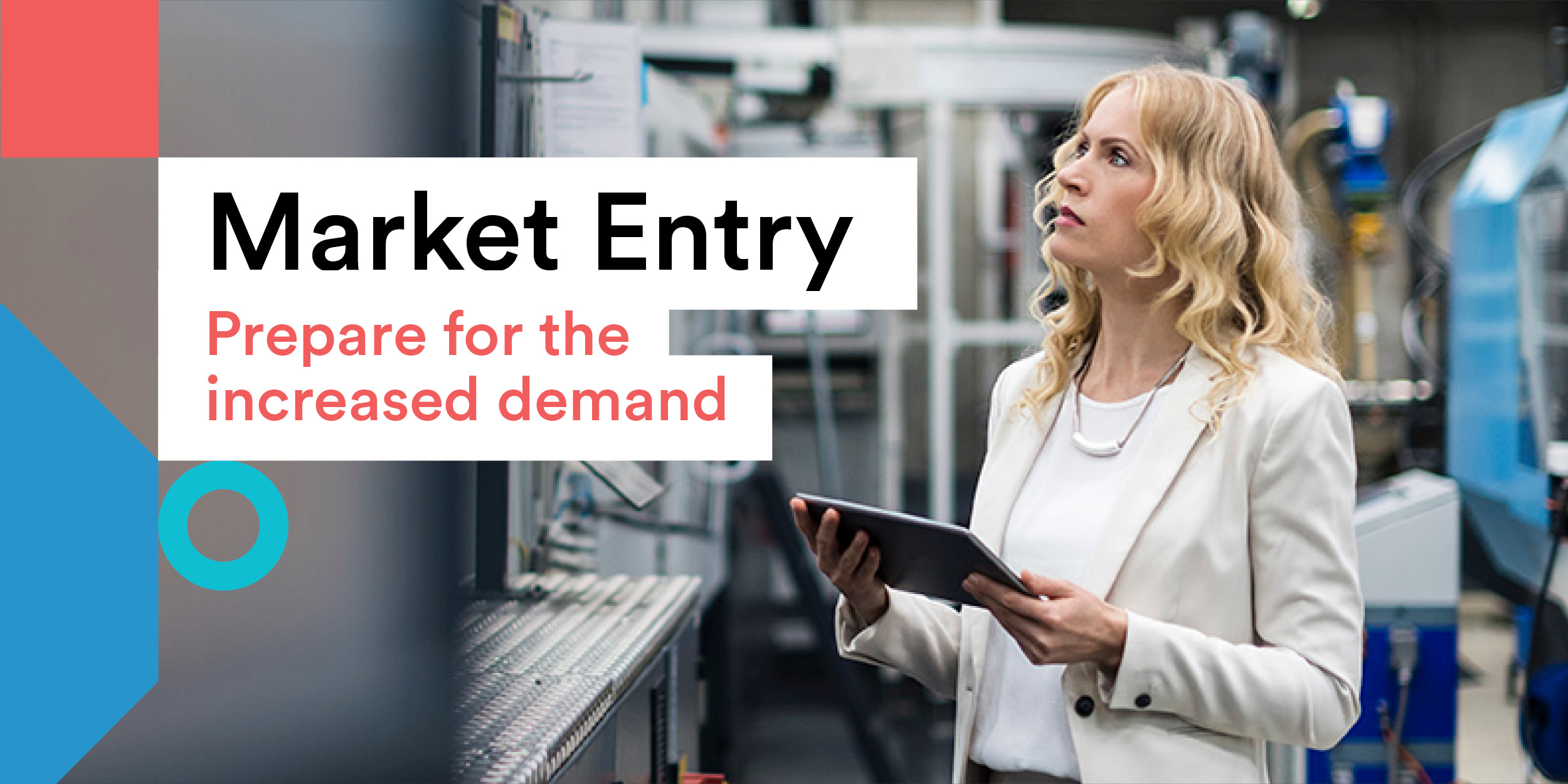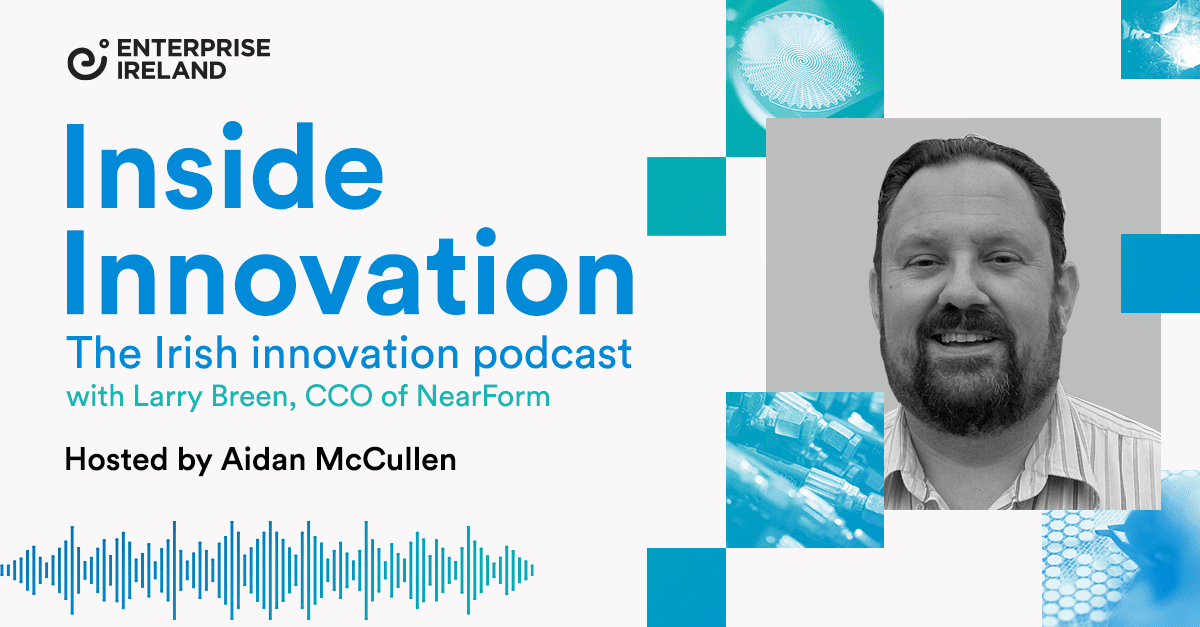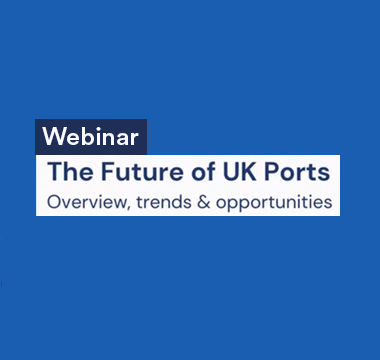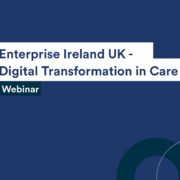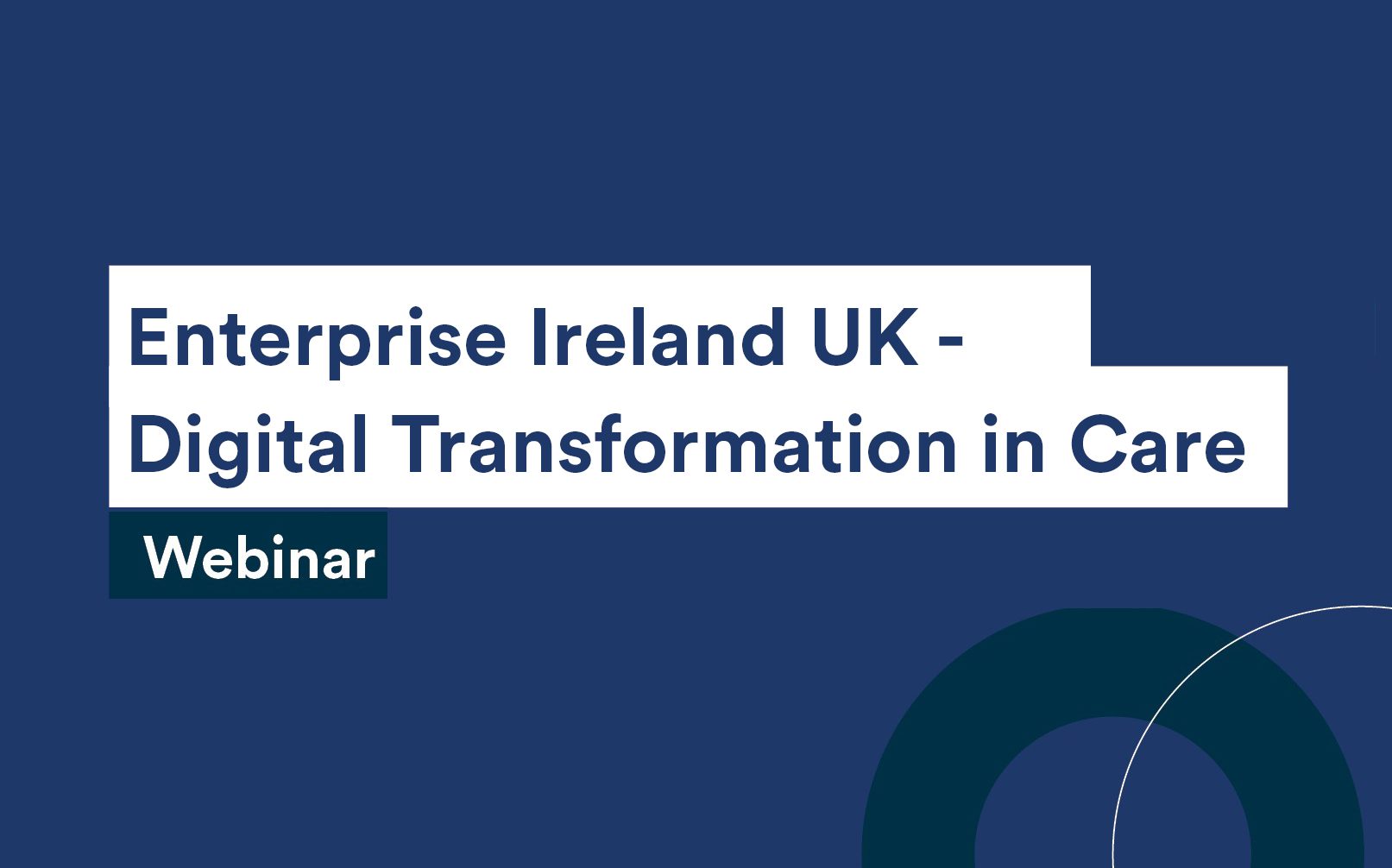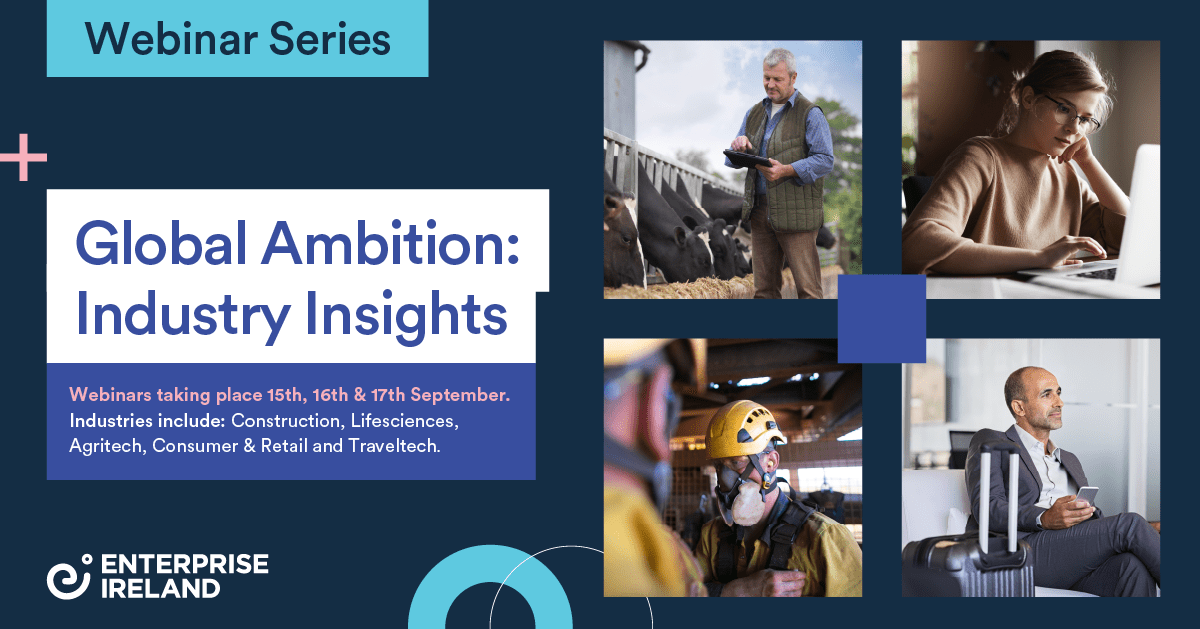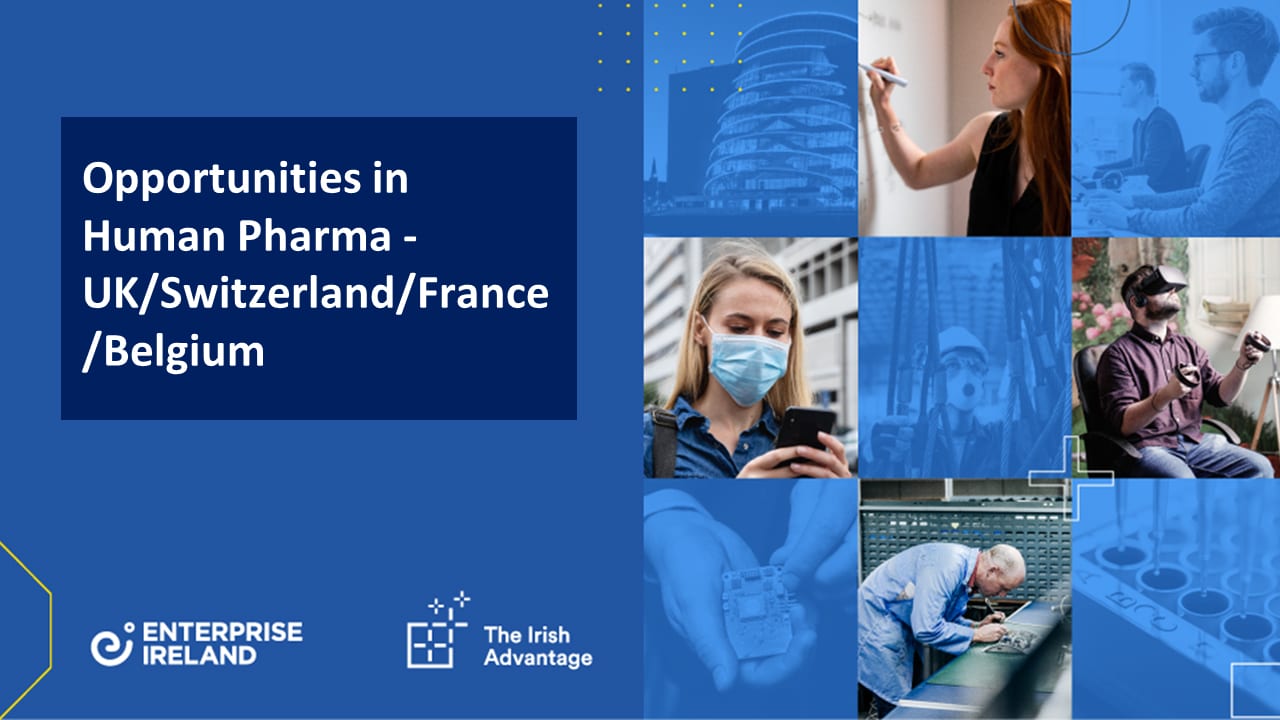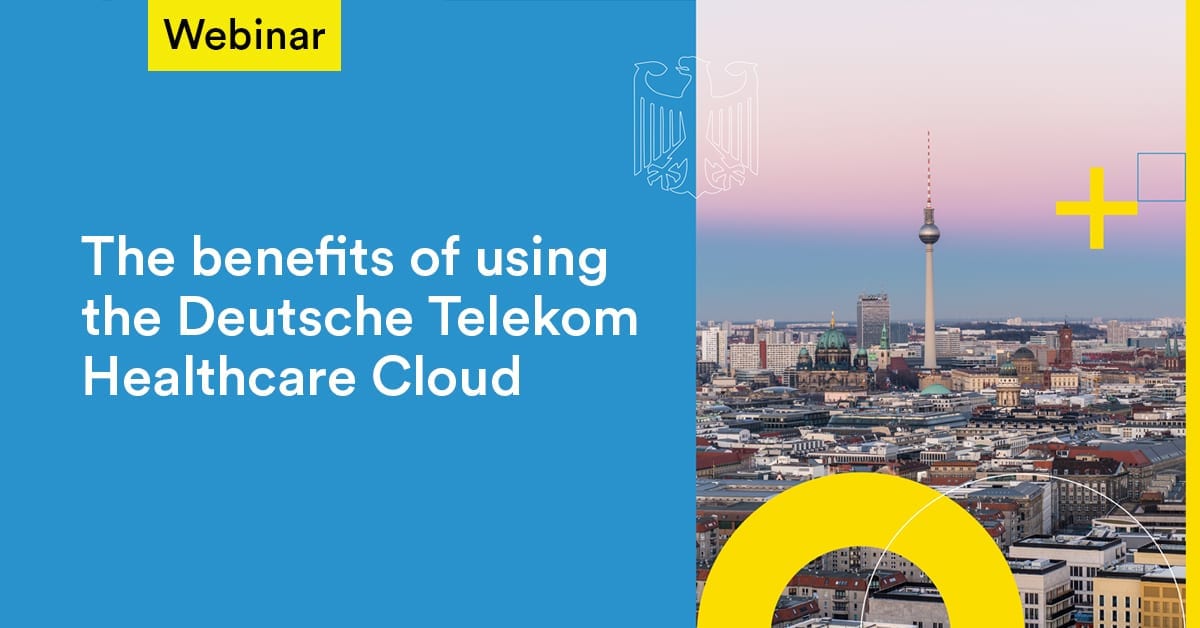The Marine Ireland Industry Network (MIIN) is made up of companies and key stakeholders across this very broad sector. And coordinator, Liam Curran who is also a Senior Technologist with Enterprise Ireland and specialist in the industry, says despite the current global situation, the future for SMEs in this area is bright as development and investment continues.
“The ocean economy in Ireland is resilient and where there are challenges there are also a wealth of opportunities,” says Curran. “This has been recognised by the current government which has made a commitment to develop a new integrated marine sustainable development plan, focusing on all aspects of the marine, with a greater focus on sustainability and stakeholder engagement.
“One key area Enterprise Ireland is specifically interested in is the role of technology and SMEs and how we can collectively position Irish enterprises at the forefront of a digital revolution in the marine/blue economy.” says Curran
“This goes across all marine sectors, but Enterprise Ireland views the emerging Offshore Renewables sector as a key area of opportunity for Irish marine industry capability – and this sector, particularly Offshore Wind, will play a critical role in Ireland’s decarbonisation agenda.”
A rapidly growing sector
The MIIN co-ordinator says the industry as a whole has been growing steadily for a number of years and work has also focused on strengthening established marine industries such as fisheries, aquaculture, and tourism and the marinisation of existing industries such as ICT, food, clean/green and finance into a range of marine related markets.
“There are some great examples of Irish companies identifying and targeting these opportunities, including Bio-Marine Ingredients in Monaghan who extract high value lipid and protein products from Blue Whiting, a fish which was previously considered low value by the seafood processing industry,” he says. “The production of high-end bio products from marine biological materials is an emerging growth area in the Blue Economy.
Wicklow-based Voyager IP specialise in providing high end connectivity solutions to the superyacht industry, while Vilicom provide communications systems for the Offshore Wind industry. And because of Ireland’s location at the edge of the North Atlantic, we can benefit from one of the best offshore renewable energy resources in Europe.”
A focus on sustainability
According to the marine expert, developing this in a sustainable manner is going to be key in supporting our clean energy transition.
“It has the potential to make a significant contribution to the decarbonisation of the Irish electricity system, as well as the potential for providing employment in small coastal communities which are unlikely to attract foreign direct investment,” he says.
“Examples of MIIN companies in this area are Gavin and Doherty Geosolutions, who work globally for the offshore wind industry, while Inland and Coastal Marina Systems fabricate and install pontoon systems for harbours and have been winning work in the UK installing mooring systems for Crew Transfer Vessels.
“Currently, the development of the offshore renewables sector in Ireland is high on the government’s agenda and much care is being put into developing the National Marine Planning Framework and new consenting regime to ensure this is done in a fair and sustainable way.”
Ample opportunities
Curran says that in order to take advantage of this, companies in the sector should consider how they might pivot capability to meet the needs of the offshore wind industry.
“This is a huge area of opportunity for Irish marine SMEs, both at home and in export markets,” he says. “Galway based Bluewise Marine have done exactly that, offering experience in areas such as marine and fisheries science, engineering, health & safety management, and community engagement, as well as a range of technical and operational project management supports to assist companies to select and develop offshore renewable energy sites, coordinate marine surveys, engage with the local supply chain, and manage stakeholder relationships.
“In Killybegs, the marine engineering capability has been built up around the pelagic fishing industry but is now also looking at how skillsets could be applied to the offshore wind sector – and marine fabrication companies like MMG Welding and Seaquest Systems, amongst others, have the capability to be part of this rapidly growing industry.”
Research is vital
The senior technologist recommends that companies which may be interested in entering this sector should join MIIN and attend events (currently online) to meet the best industry innovators – but says it is also important to research the sector beforehand.
“The marine sector is very unforgiving of products or services which haven’t been properly ‘marinised’ and built to withstand everything the North Atlantic winter will throw at them,” he says.
Curran confirms “We are fortunate to have a suite of testing facilities available for companies to trial and validate their products or services”
“These includethe Lir National Ocean Test Facility at UCC and the Galway Bay Marine & Renewable Energy Test Site. We also have an excellent maritime training facility at the National Maritime College of Ireland.
“In addition, the marine research ecosystem in this country is very active nationally and internationally, while SFI has supported research centres, like MaREI, to help Ireland stay at the forefront of marine research.
“So any SMEs who are interested should log onto the Marine Ireland website to get an insight into the vibrant marine ecosystem which exists in Ireland.”

